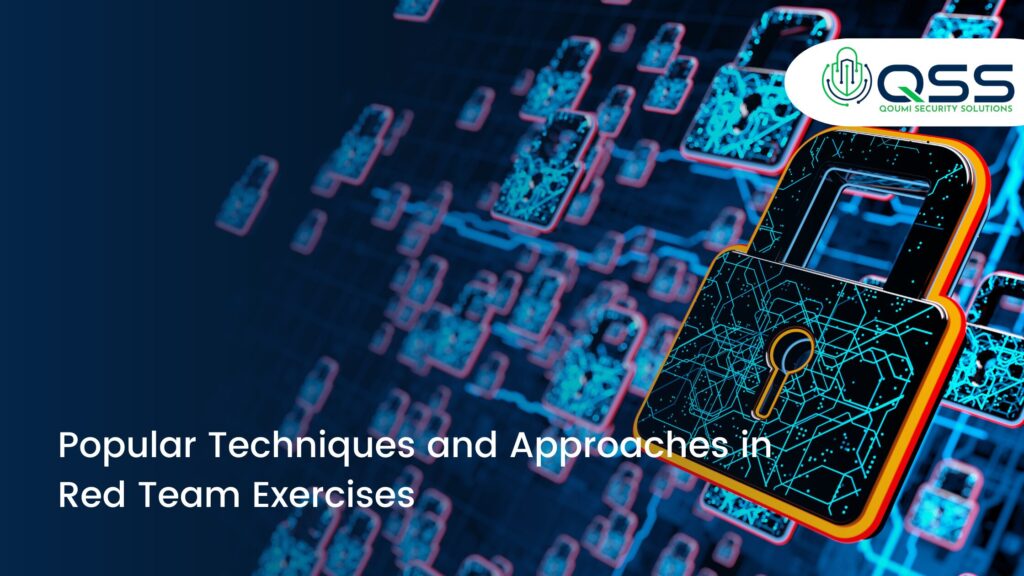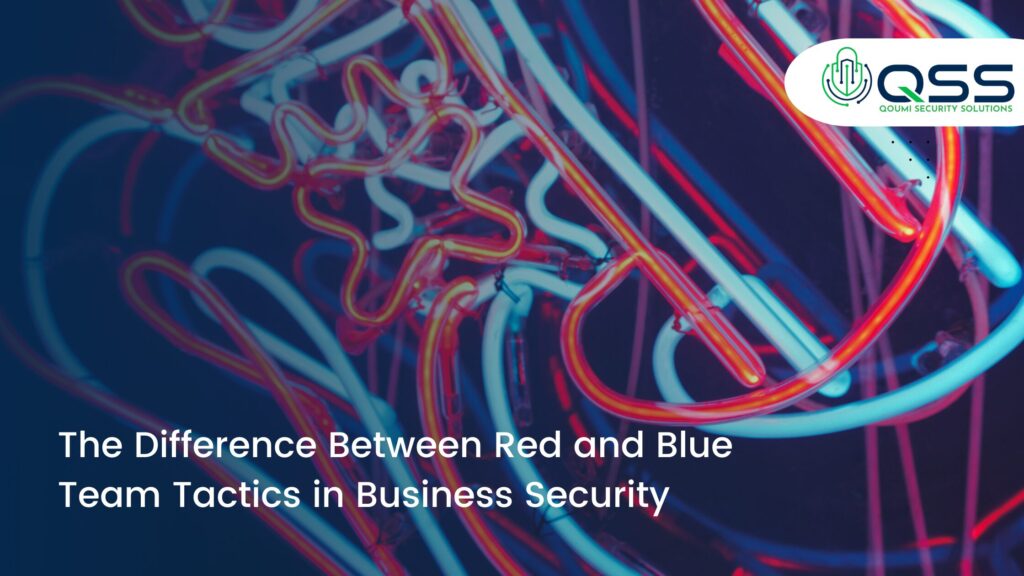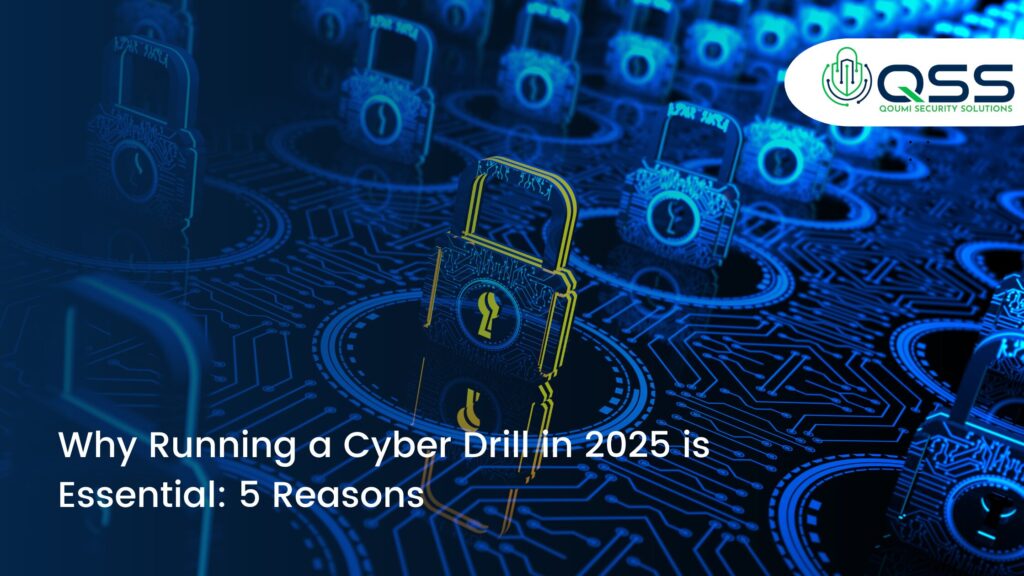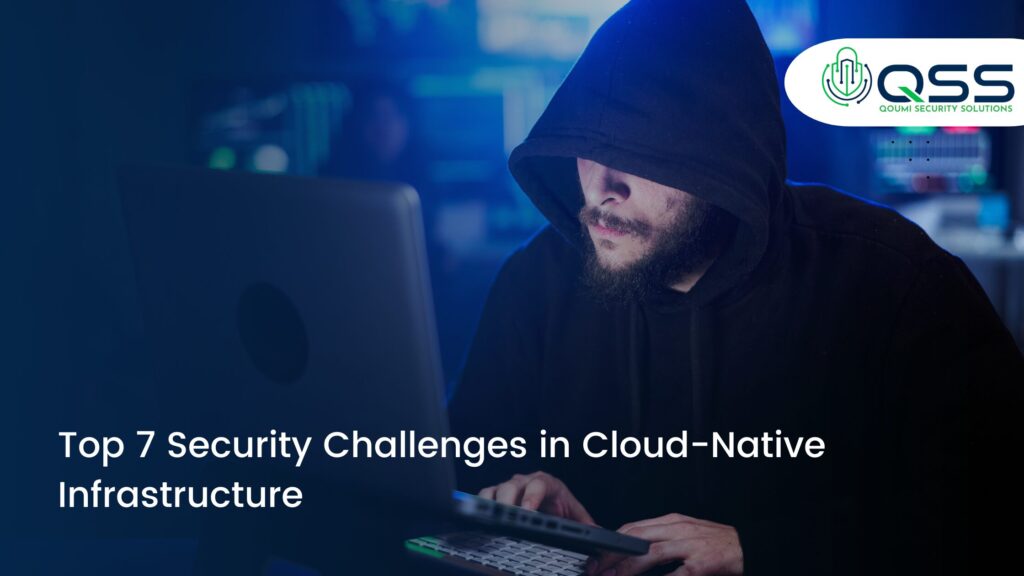which cybersecurity domain is best?
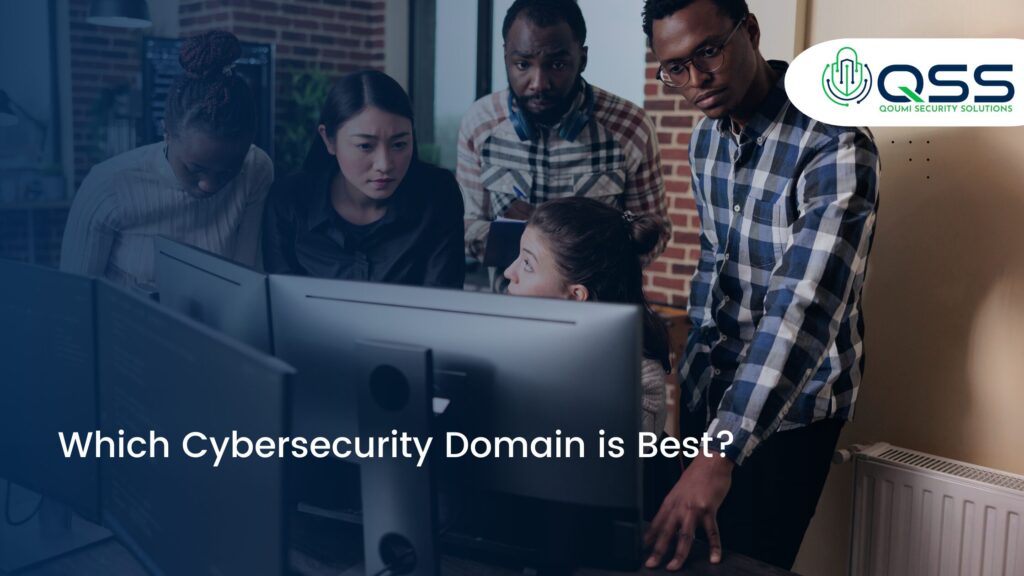
which cybersecurity domain is best?
The field of cybersecurity is vast, encompassing various domains that cater to diverse interests and skill sets. From safeguarding networks to protecting sensitive data, each domain plays a critical role in the fight against cyber threats. However, if you’re looking to build a career in cybersecurity or explore its different facets, you may wonder: which cybersecurity domain is the best?
The truth is, the “best” domain depends on your goals, expertise, and interests. This blog will break down the major cybersecurity domains, their significance, and what makes each one unique, helping you make an informed decision.
The Core Domains of Cybersecurity
Cybersecurity can be divided into several domains, each with specific functions and responsibilities. Here’s an overview of the major ones:
- Network Security
Focus: Protecting network infrastructure from unauthorized access, misuse, and attacks.
Network security involves implementing measures like firewalls, intrusion detection systems (IDS), and virtual private networks (VPNs) to safeguard networks against threats such as DDoS attacks, malware, and unauthorized access.
Why It’s Important:
Networks form the backbone of digital communication. A compromised network can lead to data breaches, operational downtime, and financial loss.
Best For:
- Professionals interested in configuring and monitoring firewalls, routers, and network traffic.
- Those passionate about identifying and mitigating network vulnerabilities.
- Application Security
Focus: Securing software and applications from vulnerabilities.
Application security involves designing, testing, and maintaining secure applications. This domain includes practices like secure coding, penetration testing, and vulnerability assessments.
Why It’s Important:
Applications are often a gateway for cyberattacks, such as SQL injection and cross-site scripting (XSS). Ensuring application security minimizes risks to users and organizations.
Best For:
- Developers interested in creating secure applications.
- Those who enjoy identifying and fixing code vulnerabilities.
- Information Security (InfoSec)
Focus: Protecting sensitive data from unauthorized access and breaches.
InfoSec revolves around data encryption, access control, and compliance with regulations like GDPR and HIPAA. The goal is to ensure confidentiality, integrity, and availability (CIA) of data.
Why It’s Important:
In a data-driven world, protecting personal and business information is critical for maintaining trust and avoiding legal repercussions.
Best For:
- Professionals keen on data protection, compliance, and risk management.
- Those interested in working with policies and regulations.
- Cloud Security
Focus: Securing data, applications, and services hosted in the cloud.
As businesses migrate to the cloud, ensuring its security has become paramount. Cloud security involves implementing encryption, multi-factor authentication (MFA), and monitoring cloud environments.
Why It’s Important:
Cloud platforms are a target for hackers due to the sheer volume of data stored. Ensuring cloud security is crucial for businesses adopting digital transformation.
Best For:
- Individuals interested in cloud platforms like AWS, Azure, and Google Cloud.
- Professionals passionate about securing virtualized environments.
- Endpoint Security
Focus: Protecting end-user devices such as laptops, smartphones, and IoT devices.
With remote work becoming the norm, endpoint security has grown in importance. This domain involves deploying antivirus software, endpoint detection and response (EDR) systems, and device encryption.
Why It’s Important:
Endpoints are often the weakest link in cybersecurity. Compromising one device can lead to organizational breaches.
Best For:
- Professionals interested in securing user devices.
- Those who enjoy hands-on security implementation.
- Incident Response (IR) and Forensics
Focus: Detecting, responding to, and investigating security incidents.
Incident response involves identifying breaches, containing threats, and recovering from attacks. Digital forensics adds another layer by uncovering the “who,” “what,” and “how” of cybercrimes.
Why It’s Important:
Quick and effective response to breaches minimizes damage. Forensics ensures evidence is collected for legal proceedings.
Best For:
- Problem-solvers who thrive in high-pressure situations.
- Those with an analytical mindset and interest in criminal investigations.
- Identity and Access Management (IAM)
Focus: Managing digital identities and access rights within an organization.
IAM ensures only authorized individuals access specific resources. This includes practices like role-based access control (RBAC) and single sign-on (SSO).
Why It’s Important:
Proper access control reduces the risk of insider threats and accidental breaches.
Best For:
- Professionals interested in managing identities and permissions.
- Those who enjoy working with authentication protocols.
- Cyber Threat Intelligence (CTI)
Focus: Gathering and analyzing data about current and emerging threats.
CTI involves understanding the tactics, techniques, and procedures (TTPs) of attackers. This knowledge helps organizations anticipate and mitigate threats.
Why It’s Important:
Proactive threat intelligence allows organizations to strengthen defenses before an attack occurs.
Best For:
- Analysts interested in researching and monitoring cyber threats.
- Those with a knack for analyzing patterns and predicting outcomes.
Choosing the Best Cybersecurity Domain
Determining the “best” domain depends on your interests, career goals, and skill set. Here are a few factors to consider:
- Your Interests
- If you love coding and software, application security might be a great fit.
- If you enjoy solving puzzles and investigating crimes, incident response and forensics could be ideal.
- Your Skills
- Strong analytical skills are crucial for cyber threat intelligence and incident response.
- Technical skills like configuring firewalls or working with cloud platforms are essential for network security and cloud security.
- Career Goals
- If you aim to work in cutting-edge fields, cloud security and AI-based threat detection are growing rapidly.
- If you want to contribute to policy and compliance, information security is your domain.
Emerging Domains to Watch
As the cybersecurity landscape evolves, new domains are emerging:
Artificial Intelligence in Cybersecurity
AI and machine learning are being used to detect and prevent sophisticated attacks. This field is perfect for those interested in innovation and technology.
IoT Security
The proliferation of Internet of Things (IoT) devices has created a demand for experts who can secure these interconnected systems.
Conclusion
The “best” cybersecurity domain varies from person to person. Network security, cloud security, and application security are excellent starting points for those new to the field. Meanwhile, emerging areas like IoT security and AI-driven threat detection offer exciting opportunities for innovation.
Ultimately, the best domain is the one that aligns with your interests, skills, and long-term goals. Cybersecurity is a dynamic and ever-evolving field, so there’s always room to grow, no matter which domain you choose.
